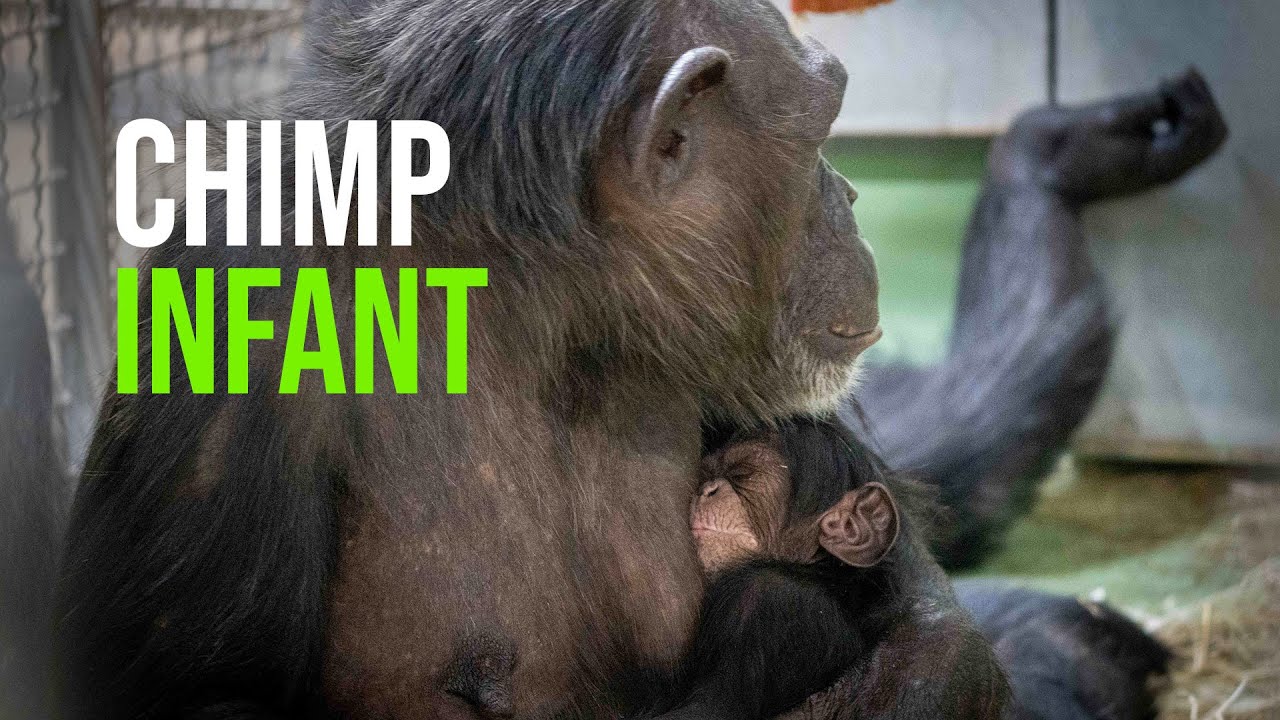– The significance of the birth of a baby chimpanzee at BIOPARC Valencia.
– Insights into the behavior and development of baby chimpanzees in captivity and the wild.
– Challenges and strategies of chimpanzee conservation and the role of zoos.
– The impact of habitat destruction and illegal pet trade on chimpanzee populations.
– The future of chimpanzee conservation and the importance of public education and engagement.
The recent birth of a baby chimpanzee at BIOPARC Valencia has captured the attention of zoology enthusiasts, wildlife conservationists, and the general public. This event marks a joyous occasion for the zoo and shines a spotlight on the critical issues surrounding the conservation of this endangered species. Less than a week since its arrival into the world, the newborn chimpanzee offers a unique opportunity to explore the broader themes of chimpanzee conservation, zoo management practices, and the pivotal role of educational initiatives in fostering a deeper connection between humans and the natural world.
Chimpanzees are known for their complex social structures and behaviors, making them one of zoology’s most fascinating subjects of study. From birth, baby chimpanzees are utterly dependent on their mothers for nourishment and protection, a bond that remains strong for several years. This early period is crucial for learning social skills, foraging techniques, and the intricate communication methods unique to their communities. Observing these developmental milestones in a controlled environment like BIOPARC Valencia provides invaluable insights into their growth, health, and social dynamics, essential for effective zoo management and breeding programs.
However, the birth of the baby chimpanzee at BIOPARC Valencia also serves as a stark reminder of the challenges facing their wild counterparts. Habitat destruction, driven by deforestation for agriculture and logging, poses a significant threat to chimpanzee populations. Moreover, the illegal pet trade further exacerbates their decline, with many young chimpanzees being separated from their mothers and sold as exotic pets. Such practices undermine the species’ survival and contribute to the erosion of their natural behaviors and social structures.
Zoos play a critical role in chimpanzee conservation strategies. By participating in international breeding programs, institutions like BIOPARC Valencia contribute to maintaining genetically diverse populations, serving as an insurance policy against extinction. Furthermore, zoos are uniquely positioned to educate the public about the threats chimpanzees face and the importance of conservation efforts. Through up-close encounters and engaging storytelling, zoos can inspire visitors to act by supporting habitat preservation initiatives or advocating against the illegal pet trade.
Looking ahead, the future of chimpanzee conservation hinges on a multifaceted approach that combines effective in-situ and ex-situ strategies. Protecting and restoring natural habitats, enforcing stricter regulations against poaching and illegal trade, and fostering global partnerships are essential. Additionally, public education and engagement will continue to play a pivotal role. By raising awareness and cultivating a sense of stewardship, we can ensure a brighter future for chimpanzees and other endangered species.
The arrival of the baby chimpanzee at BIOPARC Valencia is more than a celebratory event; it is a powerful symbol of hope and a call to action. As we marvel at the early stages of this young chimpanzee’s life, let us also commit to supporting the conservation efforts that will allow it and its wild relatives to thrive for generations. Through focused commitment and collective action, we can counter the threats facing chimpanzees and safeguard the rich biodiversity of our planet.
*****
Source Description
Thanks to the pleasant temperatures of recent days, the newly born chimpanzee at BIOPARC Valencia @BioparcValencia-channel is already visible to the public. Today marks its one-week birthday.

